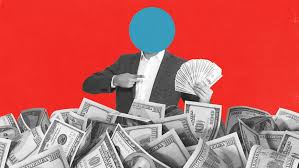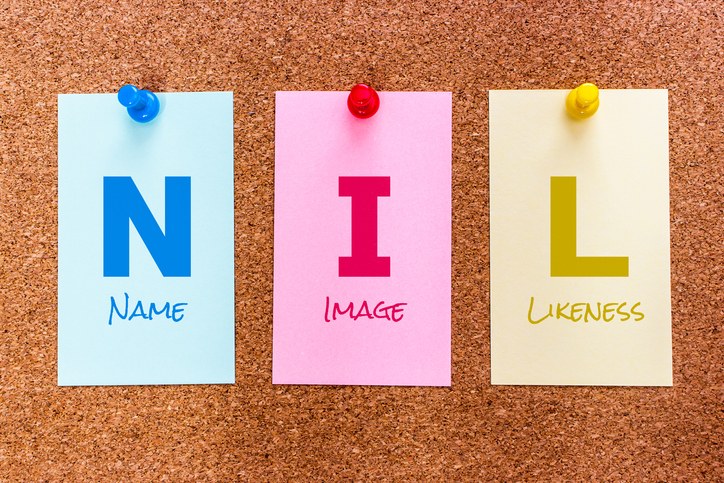At the 129th Annual Meeting of the Wisconsin Interscholastic Athletic Association (WIAA), member schools passed four significant amendments impacting student-athlete eligibility, summer coaching rules, and sports governance.
By a vote of 293-108, members approved language allowing student-athletes to profit from their name, image, and likeness (NIL). Wisconsin now joins more than 40 other states permitting high school NIL opportunities. Under the new policy, athletes can pursue endorsement deals and promotional activities, provided they are unaffiliated with their school, team, conference, or the WIAA itself. Students are prohibited from using school logos, uniforms, or missing academic or team obligations for NIL activities. Schools and coaches are also barred from facilitating deals.
This vote comes a year after the WIAA failed to pass the NIL Amendment at its 128th Annual meeting.
“With today’s vote, member schools have opted to join a growing list of states that allow student-athletes to capitalize on their talents in a way that is similar to students with other valued skills,” WIAA Executive Director Stephanie Hauser said.
Student-athletes may officially begin NIL activities at the end of May. To support this shift, the WIAA partnered with Milwaukee-based Influential Athlete to provide education and compliance resources. CEO Stephanie Grady called the decision a “historic and exciting moment” for Wisconsin high school sports.
The Debate Over NIL
Allowing high school athletes to profit from their name, image, and likeness empowers students to benefit from their hard work and talents, just as students in music, art, or other fields can. NIL opportunities can help student-athletes earn money for college expenses, family support, or future entrepreneurial ventures, giving them early experience managing finances, contracts, and personal branding. According to the National Federation of State High School Associations (NFHS), NIL policies promote fairness by giving athletes the same rights as their peers with non-athletic talents. Proponents argue that NIL also encourages financial literacy and self-advocacy skills that will benefit students well beyond sports.
However, opponents of NIL argue that introducing NIL to high school sports could lead to unintended consequences, including exploitation, financial coercion, and undermining the educational mission of school athletics. A key concern is that high school NIL benefits only a tiny fraction of elite athletes or influencers, not the broader student-athlete population. As outlined in a 2024 analysis on high school NIL, only 0.001% of Georgia high school athletes entered NIL deals after it became legal. Moreover, fears persist that NIL could open the door to “pay-for-play” inducements, where schools use booster funds to recruit top talent, mirroring issues seen in college sports.
Other amendments approved include expanded summer coaching opportunities for all WIAA-sponsored sports (excluding football during early July) and aligning ninth-grade team schedules with JV and varsity contest limits. Additionally, spectators ejected from contests must now complete an online NFHS Sportsmanship Course before returning to school events.































